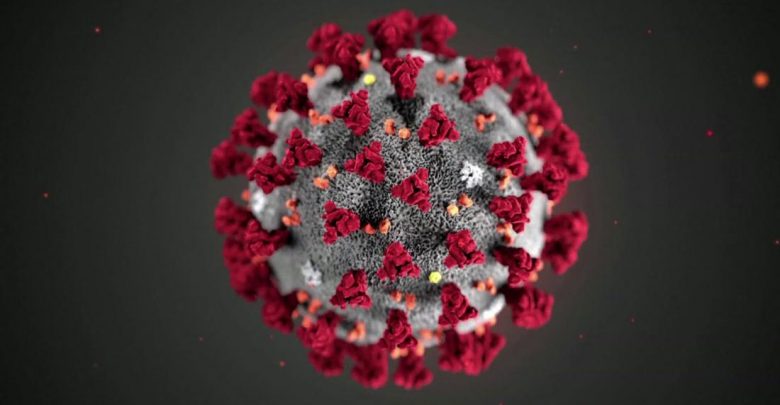
The World Health Organisation (WHO) has urged African countries to prioritise Covid-19 surveillance as infection rates continue to spike.
WHO also advised the rest of Africa to take South Africa’s growing numbers as a “wake up” call and prioritise contact tracing.
South Africa has 61 percent of coronavirus cases in Africa and has become the fourth largest globally.
Africa’s second largest economy now has over 364 000 positive cases and over 5000 deaths.
WHO said these surging numbers could be a “precursor” for outbreaks across Africa and maybe a warning for what will happen in the rest of the continent.
“South Africa may, unfortunately, be a precursor; it may be a warning for what will happen in the rest of Africa. So I think this isn’t just a wake-up call for South Africa … we need to take what is happening in Africa very seriously,” said WHO’s Emergencies Chief Michael Ryan at a virtual news conference on Monday.
Zimbabwe has also recorded a sharp increase in infections, especially local transmissions.
As of July 20, 2020 Zimbabwe has recorded 1 713 confirmed positive Covid-19 cases, with 26 deaths and 472 recoveries.
Of the total number, 1 215 are still active cases.
Bulawayo, the second capital in Zimbabwe, remains the epicentre with 525 cases, followed by the capital Harare with 489 cases.
Of the 102 new Covid-19 cases reported on Monday across the country, 81 were local transmissions and 21 imported.
Of concern is the source of the new 39 local cases whose origin remains unknown.
Elsewhere in the continent, countries such as Botswana, Kenya, Zambia and Namibia are also registering an increase in infection rates.
The WHO expert said there was now continued acceleration of transmission in a number of countries in sub-Saharan Africa and that had to be taken seriously.
“I think that has to be taken very, very seriously there was now an acceleration of Covid-19 in Africa. I am very concerned right now that we are beginning to see an acceleration of disease in Africa,” he said.
WHO Director General, Tedros Adhanom Ghebreyesus, urged African countries to take all necessary health precautions, with special emphasis on contact tracing.
“We do not have to wait for a vaccine. We have to save lives now,” he said.
Tedros also warned that indigenous communities comprising half a million people around the world are especially at risk from the pandemic due to poor living conditions.
“Indigenous peoples often have a high burden of poverty, unemployment, malnutrition and both communicable and non-communicable diseases, making them more vulnerable,” Tedros said, adding that those in the current epicentre the Americas were of particular concern.


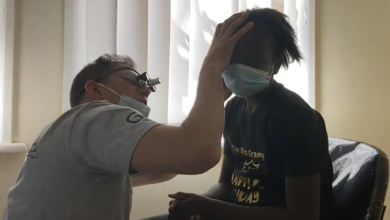
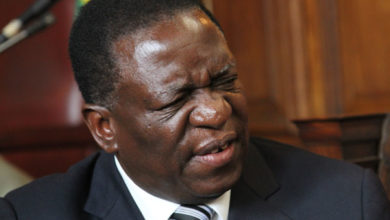
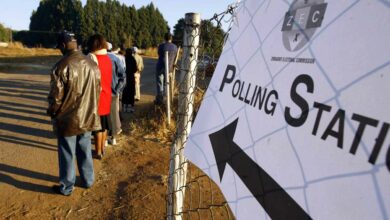
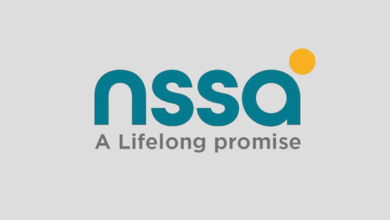

It looks like you have a couple spelling errors on your website such as the word “unversity”. Check out a service like SpellAce.com to help. We’ve used it in the past and liked it.